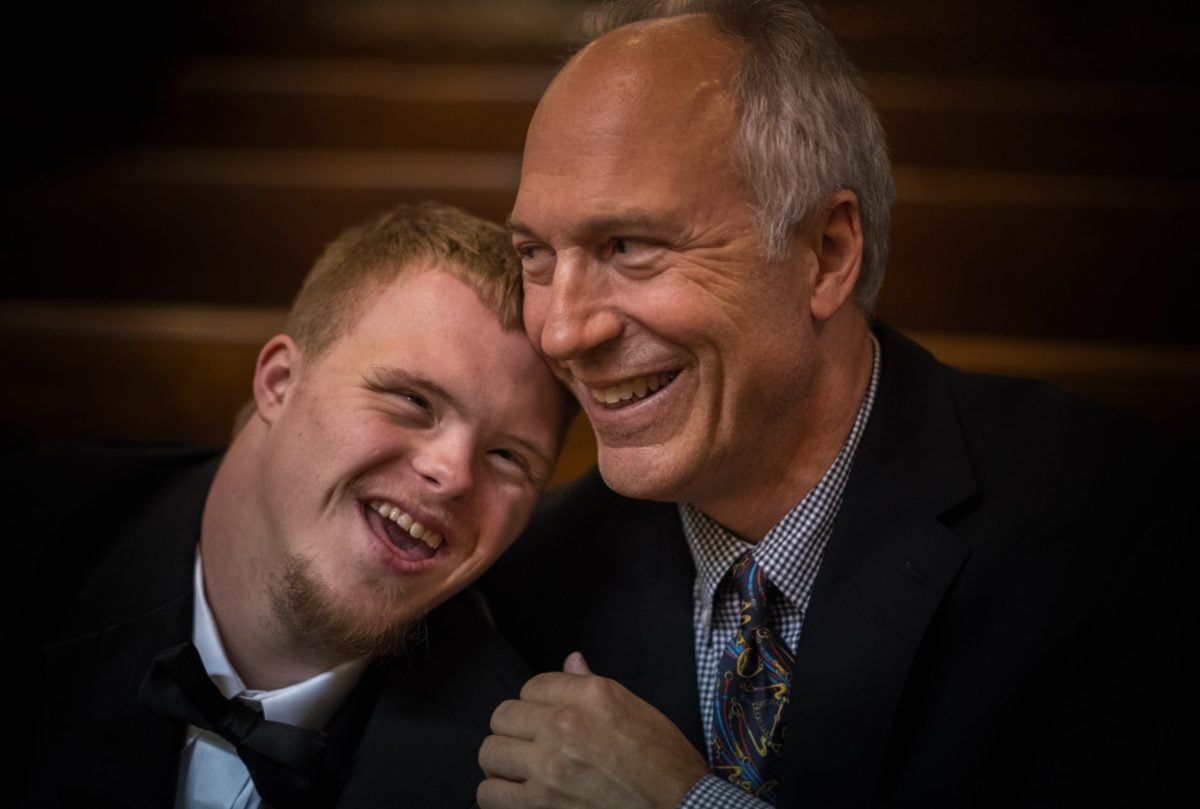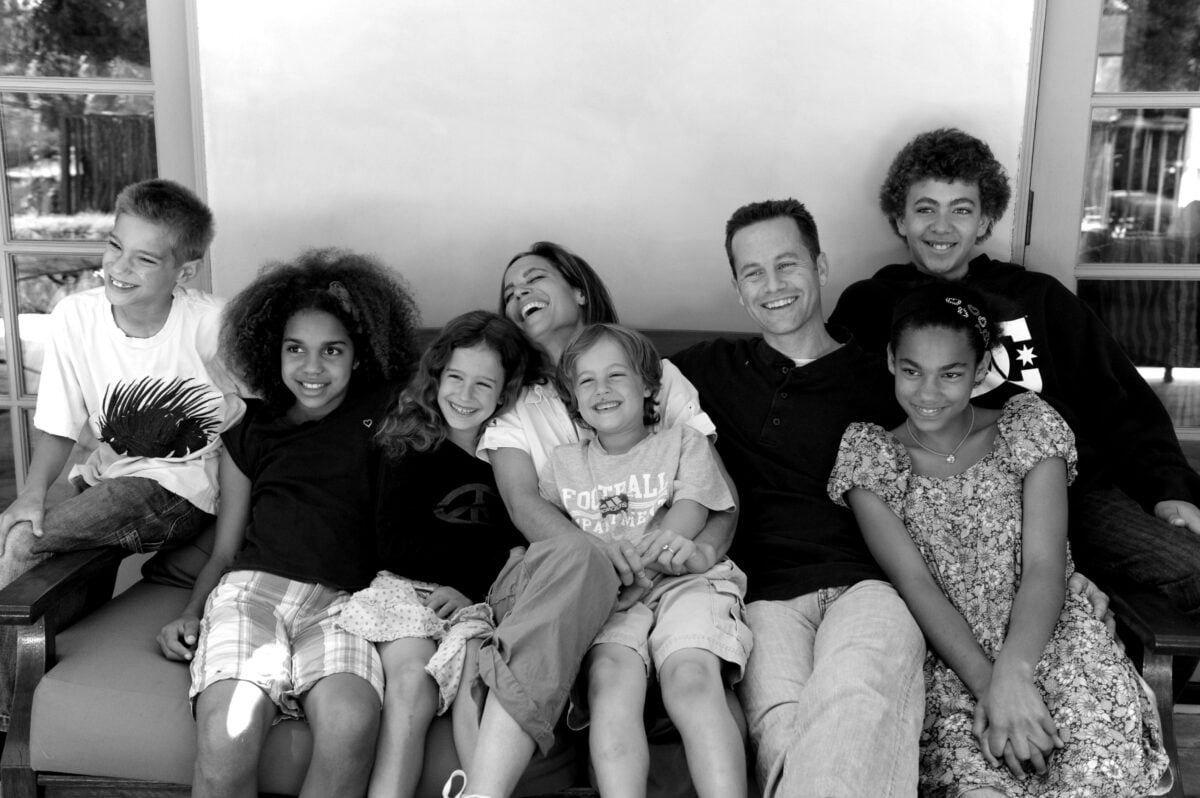Is this the last generation of children with Down syndrome in Denmark and does it have implications for the United States?
By Brittany Smith
On Friday, after a five-month legal battle, a federal appeals court upheld Tennessee’s “heartbeat law.”
The ruling means, among other things, that babies with Down syndrome will be saved from abortion.
Gov. Bill Lee signed the “heartbeat law” in June which bans abortions after a fetal heartbeat is detected — usually around six weeks. The law was immediately blocked by a federal court. But last week the 6th Circuit Court of Appeals lifted the injunction and portions of the law can now take effect. These portions include a ban on abortions based on race, gender or a prenatal Down syndrome diagnosis.
While some have argued these bans are unnecessary, Tennessee is taking precautions for the future. A future that has already arrived in many European countries.
Down syndrome in Denmark
A recent article from The Atlantic found that in Denmark, prenatal testing has resulted in more than 95 percent of babies with Down being aborted. Less than 20 children with Down syndrome are born in Denmark each year.
Dr. Karysse Trandem, DO, OB/GYN, says Denmark’s experience could be coming to the United States.
“In-utero genetic diagnoses will increase the rate of abortion in the U.S. Uninformed parents see abnormal results and are easily persuaded to choose abortion,” Trandem explained.
Life-Altering Decisions
As a result, she notes that parents are beginning to make life-altering decisions based on genetic testing results that aren’t always certain.
“Furthermore, many providers in the medical community with negative personal opinions regarding parenting a special-needs child perpetuate the harmful belief system that only what is perfect in the eyes of the world is worthwhile or deserving of life,” she said. “This belief system is not only detrimental to the unborn but also to the parents and society at large.”
For parents, wrestling with a chromosomal disorder, or other adverse diagnoses, the decision isn’t easy. They face immense pressure to end a pregnancy. Additionally, many medical experts tell them they need to spare their child a life of pain and suffering. Many times, they do not receive support or information regarding the abundant resources available to help their child thrive.
Gia’s Story
This pressure from all facets of society is something Shara Pierce knows well when it comes to parenting a child with Down syndrome. Pierce and her family recently adopted Gia, a little girl with Down syndrome from China.
“I am a little bit fearful of the future,” Pierce said. “She’s going to have to prove herself in a world that doesn’t value her as a human being. I struggle to not be overly protective. I have to let her shine and be the person God created her to be.”
Her family is involved in the Down syndrome community in Colorado, and she notes that through this group and their daughter, they have seen first-hand the beauty of those with Down syndrome.
“Watching families in the Down syndrome community love and champion their person with special abilities inspired our family to adopt and now we know the joy one extra chromosome can bring,” she said.
She says Gia continually surprises her and teaches her something new.
“She’s opening doors for herself,” Pierce said. “She has unique skills and it is going to be really powerful as she learns to use them. People with Down syndrome aren’t less human. They are fully, 100 percent human with different, unique and special qualities. Really, we need the world to see our beautiful children with different abilities. We need to show up for those experiencing an unexpected pre-natal diagnosis and be the celebration or shoulder they need to face it and thrive with their child.”
—
Read more of Shara and Gia’s story here.













